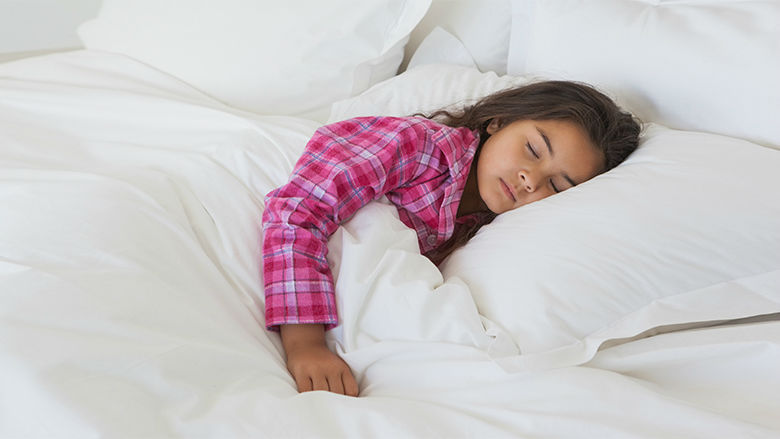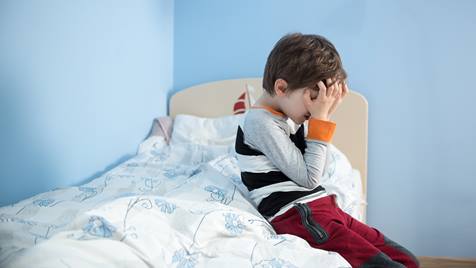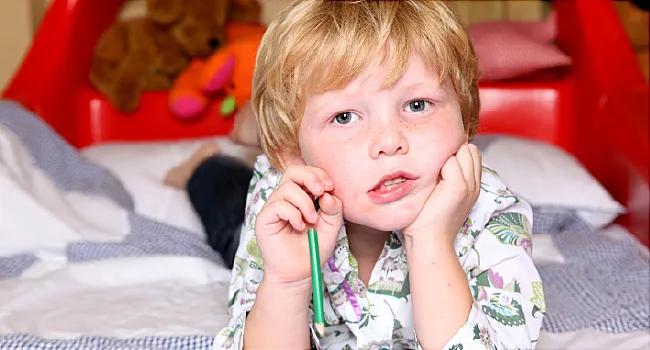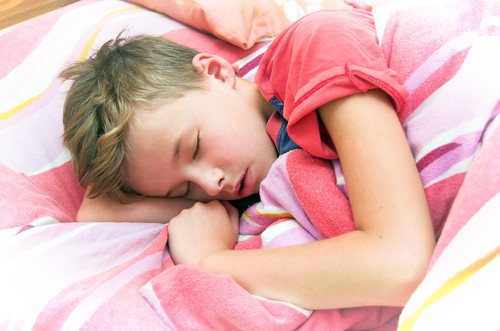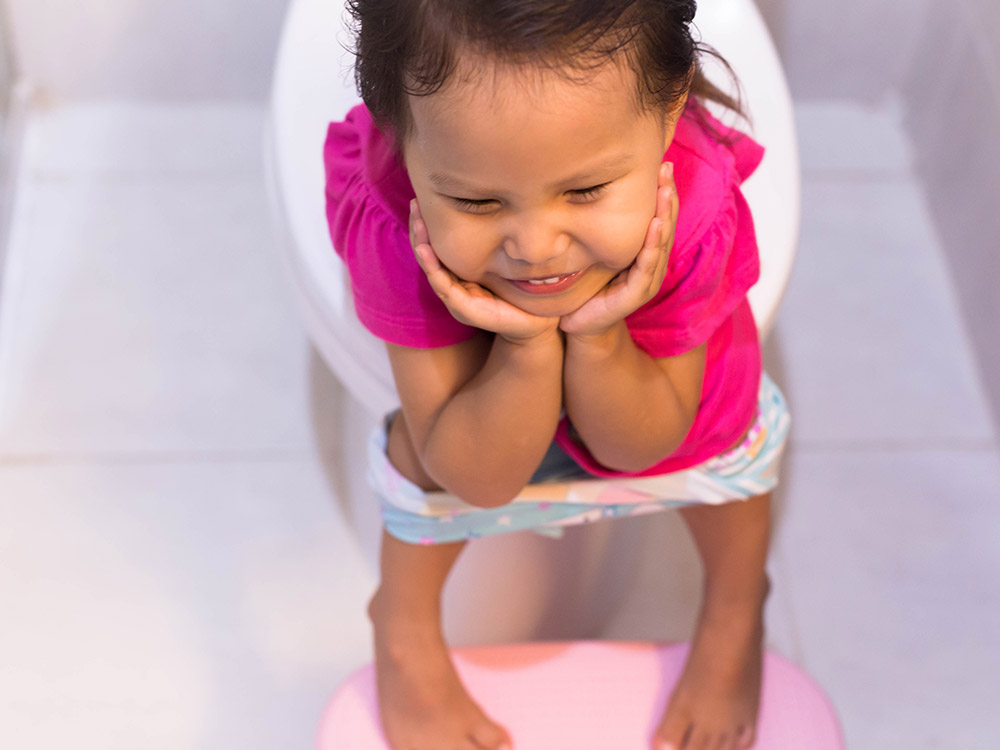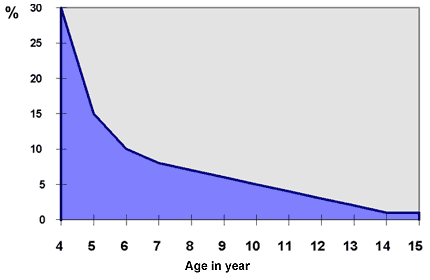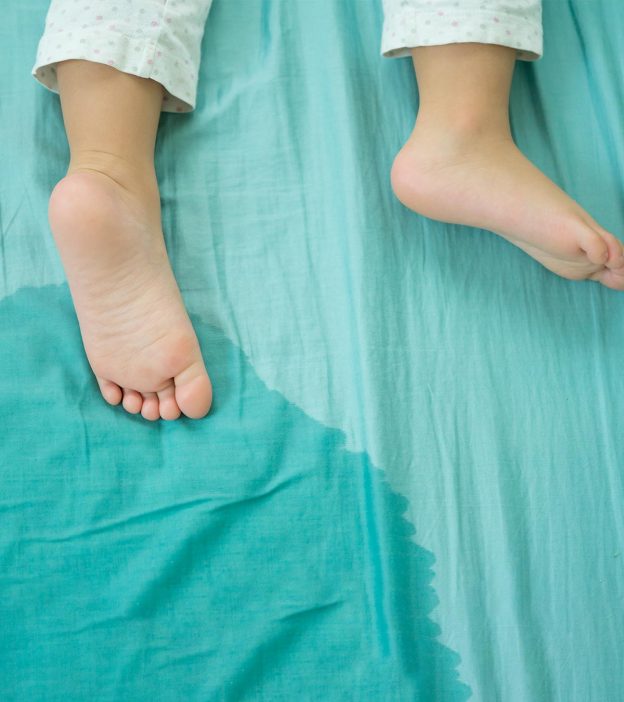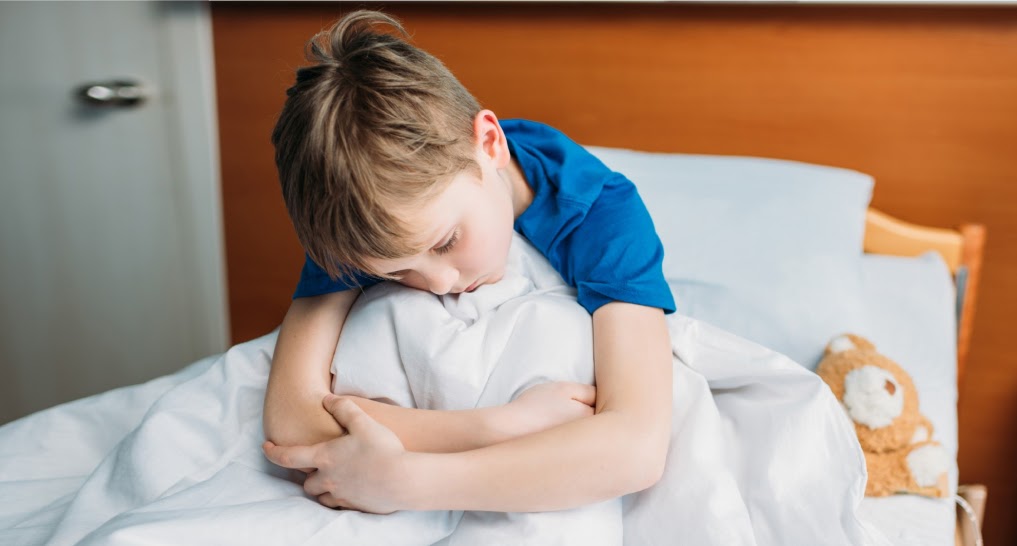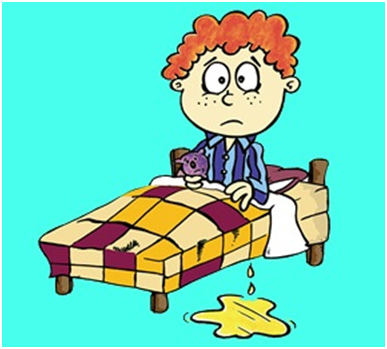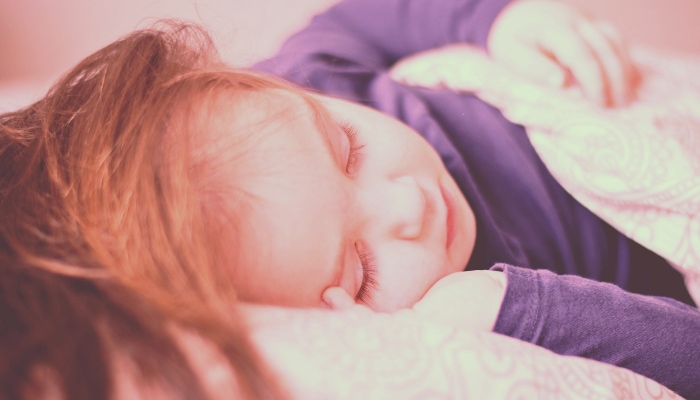9 Year Old Wetting Bed Again

From 5 to 7 million kids wet the bed some or most nights with twice as many boys wetting their bed as girls.
9 year old wetting bed again. After 7 years of age a small number of children still wet the bed. Some teens have relatively small bladders that can t hold much urine others experience muscle spasms that can lead to nocturnal enuresis. Some children struggle to stay dry throughout the night from the day they are born and others are able to stay dry for several months or years and begin wetting the bed again. When i meet a child who is wetting the bed it s twice as likely to be a boy.
With bedwetting the. The problem usually resolves in time. But that s rare atala says. Although chances are good that bedwetting won t recur a change in diet or behavior could cause a child to start wetting the bed again.
Bedwetting can be worrying and frustrating but it s common for children to accidentally wet the bed during the night. When a child who has previously gone for six months or longer without wetting the bed but has started bed wetting again they have a condition called secondary nocturnal enuresis. That does not mean that the child who wets the bed can control it or is doing it on purpose. Most children outgrow bed wetting on their own but some need a little help.
7 these children often. 10 it is often accompanied with day time urination problems for example the child might experience pain when urinating or wet their pants. It depends on their body s unique development making it hard to predict when bedwetting will stop. In fact an underlying condition is identified in only about 1 of children who routinely wet the bed.
After age 5 about 15 of children continue to wet the bed and by age 10 95 of. Between the ages of 5 and 7 bed wetting remains a problem for some children. Approximately 30 of 3 year olds all the way up to 3 of 12 year olds experience nocturnal enuresis about 1 in 6 children. Bladder problems.
Children might stop wetting the bed at different ages. In other cases bed wetting may be a sign of an underlying condition that needs medical attention. If both parents wet the bed until later ages a child has a 77 percent chance of being a bedwetter if one parent wet the bed the probability of a child wetting the bed is 44 percent. That number decreases with age occurring in only 1 2 percent of children age 14 and older.
Also keep in mind that about 15 of children age 5 or older actually stop wetting the bed each year. Approximately 15 percent of children wet the bed at age 5.
